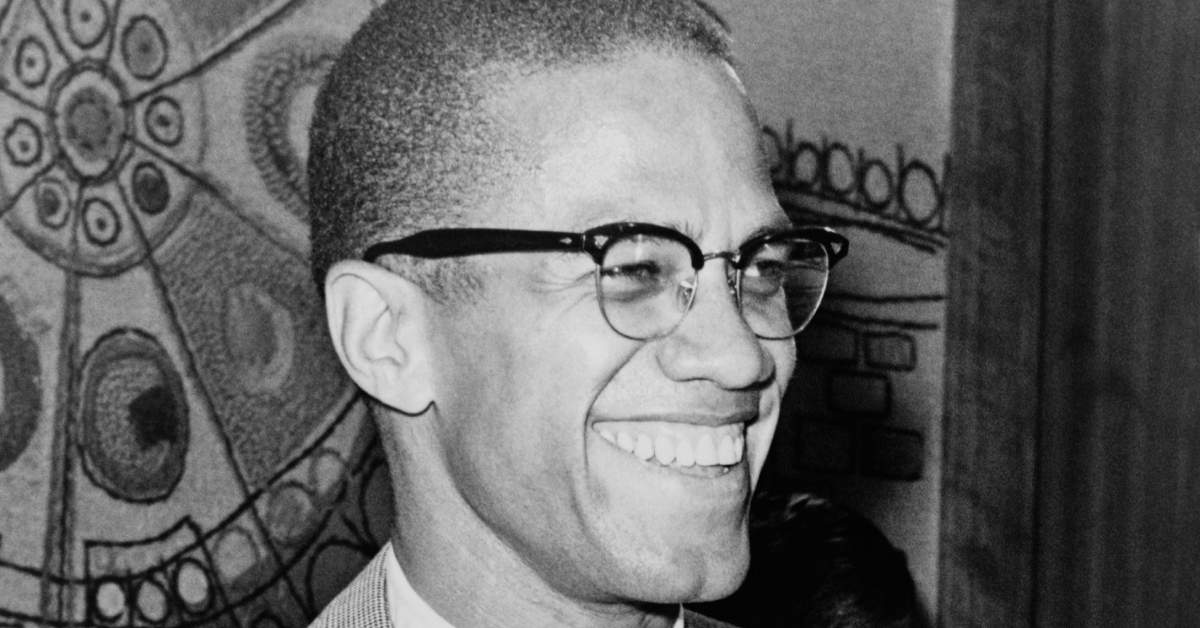The Prophet (peace and blessings upon him) adopted various methods in delivering the Divine Message; among these methods were the letters he sent to kings and leaders.
The letters he sent to the kings during this time, called upon them to accept Islam; to become loyal to Allah so they can be successful in this present life and the hereafter.
While some recipients accepted Islam, others admired the Prophet’s character. They cherished his call but they didn’t become Muslim. Still, others were too stubborn and arrogant to believe or submit to Allah.
Among these kings are Heraclius (the Roman emperor), Chosroes (the Persian emperor), Al-Muqawqas (king of Egypt), Negus (king of Abyssinia), and others. They ruled over vast parts of the world and had great powers that no one could defy or challenge.
However, the Prophet sent them these letters as per the command from Allah to spread His word all over the world with neither fear nor reluctance. This is one of the many proofs of the authenticity of his Prophethood; he was sent to all humankind.
The reactions of those kings towards the Prophet’s letters varied greatly as you can see below.
Heraclius: If I were with him, I would wash his feet
Al-Bukhari and Muslim tell us that when Heraclius listened to the Prophet’s letter and asked Abu Sufyan about the Prophet’s attributes and message, he acknowledged that Muhammad (PBUH) was indeed the Prophet of Allah.
He said: “If what you [Abu Sufyan] say is true, then he is a Prophet, and he will soon occupy the place beneath these two feet of mine. I knew that he would emerge, but I did not think that he would be from among you. If I knew that I could reach him, definitely, I would have done my utmost to go to meet him, and if I were with him, I would wash his feet.”
We understand from this and from other narrations that Heraclius’ fear for himself and his kingdom prevented him from accepting Islam and migrating to the Prophet.
When he heard the news of the Negus becoming Muslim, he said, “By Allah, were it not for the sake of holding on to my kingdom, I would have done what he has done.”
Negus: I bear witness that you are the Messenger of Allah
When Amr ibn Umaiyah delivered the Prophet’s letter to Negus, who was Christian, he took the parchment and placed it on his eyes. He descended to the floor and confessed his faith in Islam.
He wrote the following reply to the Prophet (peace and blessings upon him):
In the Name of Allah, the Most Beneficent, the Most Merciful.
From Negus As-hama to Muhammad, the Messenger of Allah. Peace be upon you, O Messenger of Allah! And mercy and blessing from Allah beside Whom there is no god.
I have received your letter in which you have mentioned about Jesus and by the Lord of heaven and earth, Jesus is not more than what you say. We fully acknowledge that with which you have been sent to us and we have entertained your cousin and his companions.
I bear witness that you are the Messenger of Allah, true and confirming (those who have gone before you). I pledge to you through your cousin and surrender myself through him to the Lord of the worlds” [Zaad Al-Ma’ad 3/60, 61].
Muqawqas: This Prophet bids nothing abominable
Al-Muqawqas meditated over the contents of the letter deeply. He said: “I have come to the conviction that this Prophet bids nothing abominable; he is neither a straying magician nor a lying soothsayer. He bears the true manifest seeds of Prophethood, and so I will consider the affair deeply.”
Al-Muqawqas ordered that the letter be placed in an ivory casket and kept safe in the government treasury. He sent the Prophet the following reply:
From Al-Muqawqas
I read your letter and understood what you have written. I know that the coming of a Prophet is still due. But I thought, he would be born in Syria – I have treated your messenger with respect and honor.
I am sending two maids for you as presents. These maids belong to a very respectable family amongst us.
In addition, I send you clothes and a Duldul (steed) for riding. May God bestow security on you.”
Mundhir ibn Sawa accepts Islam
When Mundhir ibn Sawa, Governor of Bahrain, received the Prophet’s letter, he accepted Islam. His response back to the Prophet was the following;
“Allah’s Messenger! I received your injunctions. Prior to this, I read your letter, which you wrote to the people of Bahrain extending to them an invitation to Islam.
Islam appealed to some of them and they entered the fold of Islam, while others did not find it appealing.
In my country, there live Magians and Jews, and you may tell me of the treatment to be extended to them.”
The Prophet (PBUH) answered him back informing him of the Islamic teachings which can be summarized in the following ayah: {Let there be no compulsion in religion} (Al-Baqarah 2:256)
Chosroes: Arrogance leads to destruction
Chosroes, the emperor of Persia, was too full of himself to accept to follow the Prophet. He was angry because the Prophet’s name preceded his name on the letter. So he tore the letter into shreds. He also dictated a command to his Viceroy in Yemen to send a couple of strong men to arrest the Prophet and to bring him.
Upon knowing what happened to the letter, the Prophet asked Allah to tear Chosroes’ kingdom; a matter which took place in no time. The new monarch, Sherweh, sent a letter to the Viceroy bidding him to stop any procedures as regards the Prophet till further notice. Later on, this Viceroy and the Persians in Yemen accepted Islam and became Muslims.
Lessons from the Prophet’s letters
- Letters and messages constitute an important method of da`wah and calling for Allah. If there is someone that you’d like to talk to about Islam but for one reason or another you can’t meet with them, send them a message.
- Through these letters, the Prophet set an example for all Muslim leaders to be passionate about delivering the message of Allah to other nations’ leaders.
- The Prophet’s use of letters proved very fruitful; two great kings embraced Islam. Even those who declined the Prophet’s invitation recognized the truth and treated the Prophet’s message with due respect and courtesy.
- Never let arrogance blind you to the truth. Don’t be like Chosroes!



